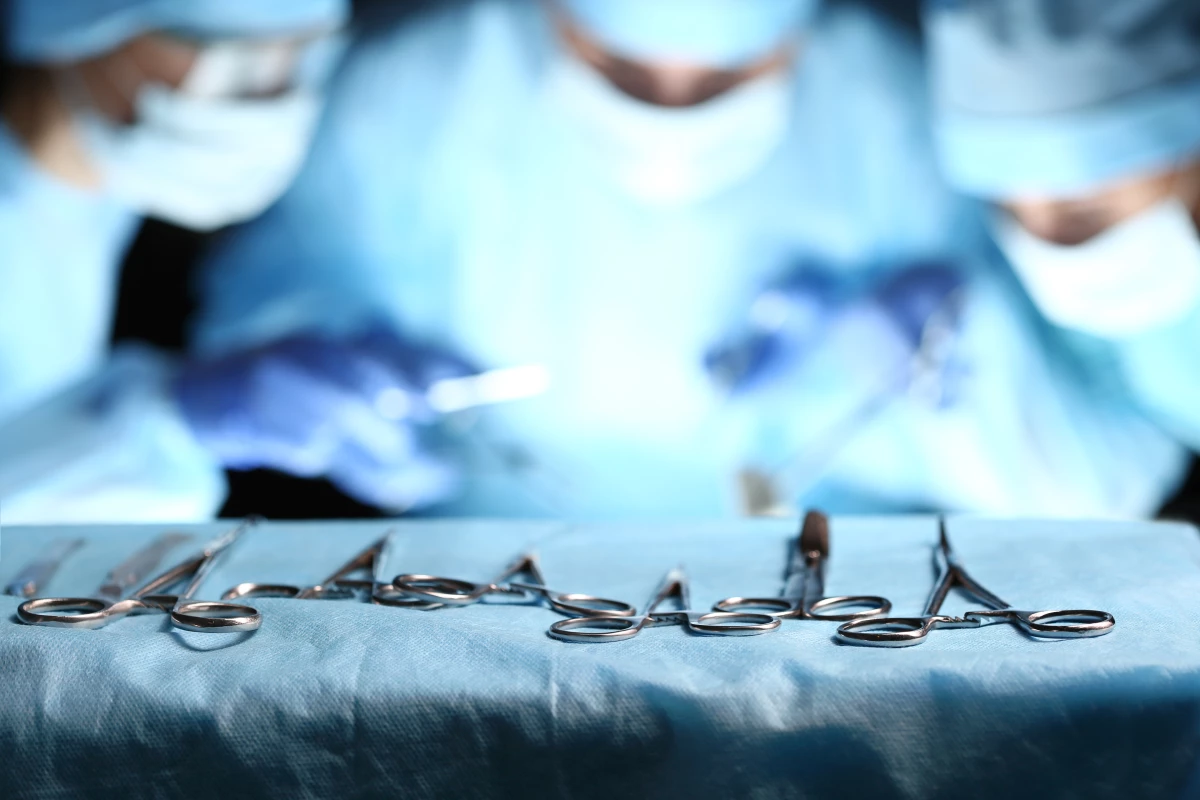A group of US and Canadian anesthesiologists has sounded the alarm on the new class of weight-loss drugs, this time warning that they can increase the risk of serious complications for patients under sedation on the operating table.
They've looked at surgery data for those taking GLP-1 drugs, such as brands Ozempic and Wegovy, which slow down digestion and stomach emptying.
While this side effect is why the drugs are effective weight-loss tools, the researchers believe this raises the risk of a pre-surgery fast not working as effectively, leaving solids in their stomach that can cause aspiration, in which the matter is inhaled into the lungs when sedated.
Current guidance set out in June by the American Society of Anesthesiologists is to skip the oral forms of these drugs a day before surgery, or abstaining from the injectables for a week.
The researchers, which include Dr Ion A. Hobai from Massachusetts General Hospital in Boston and Dr Philip M. Jones from the Mayo Clinic Florida, hope the recommended period will be pushed out to three weeks for both, when most of the appetite-suppressing aspects of the drug will have disappeared. They note that at this point, 88% of the drug has cleared from the body.
The new research also covers previous papers on different cases that have been reported, including recent research on just 33 patients – but eight were found to have residual solids in their stomachs; that’s 24% of the cohort. This greatly increases the risk of aspiration, which can lead to lung injury or other related lung diseases.
It’s also important to note that this anecdotal research and previous observational studies, and the suggested guidelines for consideration are not the result of rigorous clinical trials, which need to be conducted.
And for patients on GLP-1 receptor agonists for type 2 diabetes, the researchers advise consulting an endocrinologist about the risks and abstaining from the drug for “at least three half-lives” ahead of planned procedures.
The research was published in the Canadian Journal of Anaesthesia.
Source: Canadian Journal of Anaesthesia





